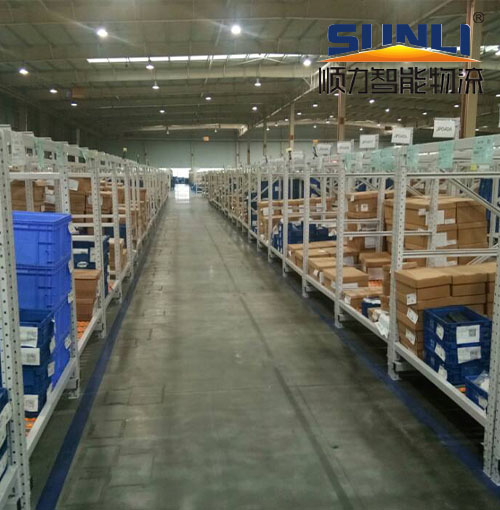Due to their physical and chemical characteristics, different types of goods have significantly different storage requirements. The following are the characteristics of storage requirements for some common types of goods:
Ordinary dry goods: clothes, daily necessities, electronic products, etc. are ordinary dry goods. This kind of goods has relatively low requirements for humidity, which is usually 40% - 60%. Excessive humidity may cause goods to be damp, mildewed or metal parts to rust. Generally, it is appropriate to keep the temperature between 15 ℃ and 25 ℃, so as to avoid high temperature accelerating product aging or causing other quality problems. They are generally stored on pallets or shelves to facilitate handling and inventory. A certain gap should be reserved between goods to facilitate air circulation and prevent heat accumulation.
Fresh goods: fresh goods such as vegetables, fruits and meat have high requirements for freshness preservation. The suitable storage temperature for most vegetables is 0 ℃ - 5 ℃. The storage temperature for fruits is generally 2 ℃ - 10 ℃ according to different varieties. Meat usually needs to be frozen and stored below - 18 ℃. At the same time, high humidity, generally 85% - 95%, should be maintained to reduce water loss. This kind of goods need to be quickly warehoused and warehoused. They are often stored in refrigerated warehouses and freezers, and the storage time is relatively short, so the first in first out storage strategy is required.

Liquid goods: such as edible oil, chemical raw materials and other liquid goods, and attention shall be paid to leakage and corrosion prevention during storage. Generally, it needs to be stored in a special liquid storage tank or container, and appropriate materials, such as corrosion-resistant stainless steel or plastic, should be selected according to the nature of the liquid. Some liquid cargoes have special requirements for temperature, and some flammable liquids need to be stored in fireproof and explosion-proof areas to keep a safe distance from other cargoes.
Dangerous goods: including inflammable and explosive goods, toxic and harmful chemicals, etc. Such goods shall be strictly stored in special dangerous goods warehouse according to relevant regulations and standards. The warehouse shall be equipped with safety facilities such as fire prevention, explosion prevention, gas prevention, leakage prevention, good ventilation and monitoring system. Goods of different hazard levels shall be stored in categories and zones, and the storage quantity and conditions shall be strictly controlled.














